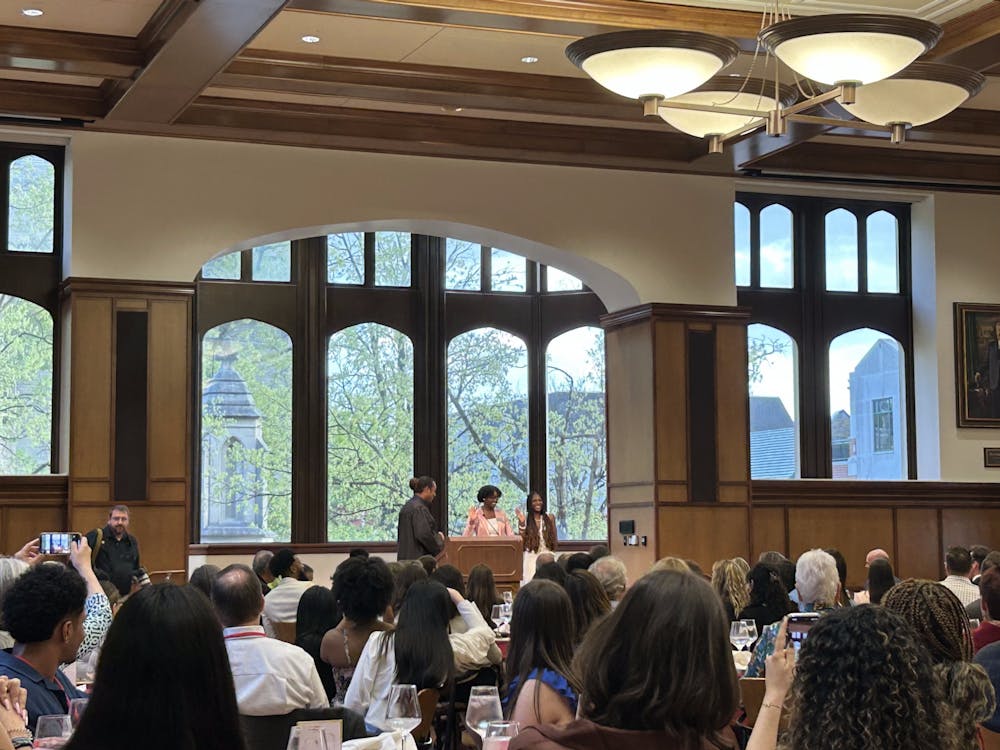IU Student Government is currently preparing for its fall 2023 election despite having no members in its Election Commission.
From Sept. 25-Oct. 1, IU Bloomington students will be able to vote in the IUSG Congressional election. In a normal year, the election would be run by the Election Commission, a body of unbiased IUSG representatives free from outside influence.
[Related: Voting for IUSG Congressional Election opens Sept. 25]
This year, however, IUSG Speaker of Congress Jack Tyndall said all Election Commission members left their positions.
According to IUSG bylaws, the Election Commission is an agency responsible for managing IUSG elections and enforcing IUSG regulations. Made up of eleven student volunteer commissioners, the Election Commission is the primary point of contact for candidates in IUSG elections.
Members serve on the Election Commission for two-year terms. Francis Xavier Ramirez, former co-chair of the Election Commission, said the members' terms had expired and none of them wanted to renew.
He said they chose not to be a part of the Election Commission again because of the systemic nature of the program and the barriers they faced.
“The Election Commission was IUSG’s forgotten sister in that it only came up when there was a problem,” Ramirez said.
Tyndall said the members’ departure was “a long time coming,” as the overall retention rate for individuals on the Election Commission was low.
Tyndall said two new bills, Congress Bill No. 1011 and 1013, were introduced in response to the departure of former Election Commission members.
Congress Bill No. 1011, titled Elections Get Good Soon, would establish a taskforce to organize the election if passed, while Congress Bill No. 1013, which has been enacted, grants the election taskforce the powers of the Election Commission.
Tyndall said the task force will be made up of him, the IUSG president, and other members of IUSG that are not directly involved with the election.
Tyndall said these bills are to promote the election and increase engagement. Congress Bill No. 1011, for example, outlines efforts to increase participation in the upcoming election, such as use of social media and advertisements around campus.
The election period was also extended from two days to a week. By increasing the voting period, he said the hope is that more people will vote in the fall election.
Despite this setback, the election will take place on time, as candidates can now officially start campaigning for seats, he said. Tyndall said this election has the potential to bring in a lot of new, ambitious students that can make a difference on this campus.
He said IUSG is in a malleable state, and that with over 50 candidates in this election for 31 congressional seats, there will be healthy competition. He said this will allow IUSG to grow positively.
[Related: O'Neill School hosts leadership seminar with guest speaker Sonia Angell]



![Dean_Reingold_ltr[52] (1).jpg](https://snworksceo.imgix.net/ids/25483b05-dabd-4378-92bd-70a32c2579f0.sized-1000x1000.jpg?w=1500&ar=16%3A9&fit=crop&crop=faces&facepad=3&auto=format)
